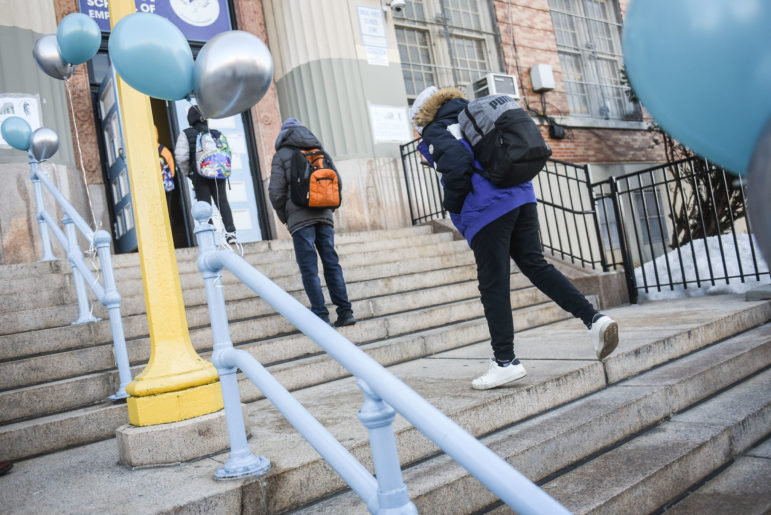New Yorkers who provide day care in their own homes may soon be forced to expel 2,100 toddlers under age 3, unless the city backs off a cost-cutting mandate that forces these programs to replace younger–and more expensive–kids with their older, and cheaper, playmates.
In response to the state’s recent increase in pay rates for caregivers, the city Agency for Child Development (a division of the Administration for Children’s Services) sent a memo to the 56 child care agencies in the city’s family child care program warning that the city’s contracts wouldn’t be enough to cover expenses unless the programs cut back on the number of slots they offer to kids younger than 3.
“Programs must ensure that the enrollment of infants and toddlers does not exceed 40% of the budgeted capacity,” wrote ACS associate commissioner for child care and Head Start Paula Feinstein. “Failure to do so may result in an over expenditure of the budget.”
In its latest round of increases, effective as of last October, the state Office of Children and Family Services raised weekly rates the city must pay providers of subsidized child care to $121 from $93 for two- and three-year olds, to $121 from $118 for toddlers under 2, and to $112 from $93 for children ages 3 to 5. The rate changes, made every two years, are based on a state survey of local child care fees.
Day care providers and their advocates argue, however, that if the city forces them to make these cuts, parents will have trouble finding other care for their young kids, and the day cares will have problems filling the vacant slots, jeopardizing already fragile budgets. “These programs supply high-quality child care,” said Sandy Socolar, chair of the Welfare Reform Network’s child care committee, noting that the low-income parents who rely on this program would be hard pressed to find comparable services. And the day care providers, most of whom are low-income themselves, may run into trouble, she said. “There’s no way they could find enough older pre-schoolers or school age children to replace the young ones. So then they’d be under-enrolled.”
And a lot of kids would be affected. According to a survey by Socolar and the Jewish Child Care Association of the 56 agencies, about 65 percent of the 8,800 kids in the program are currently under 3.
Based on these findings, the city says it is still deciding what to do. “We haven’t yet implemented the 40 percent budget capacity,” said ACS spokesperson MacLean Guthrie. “After receiving the survey results, we recognize it’s something we need to take another look at.”








